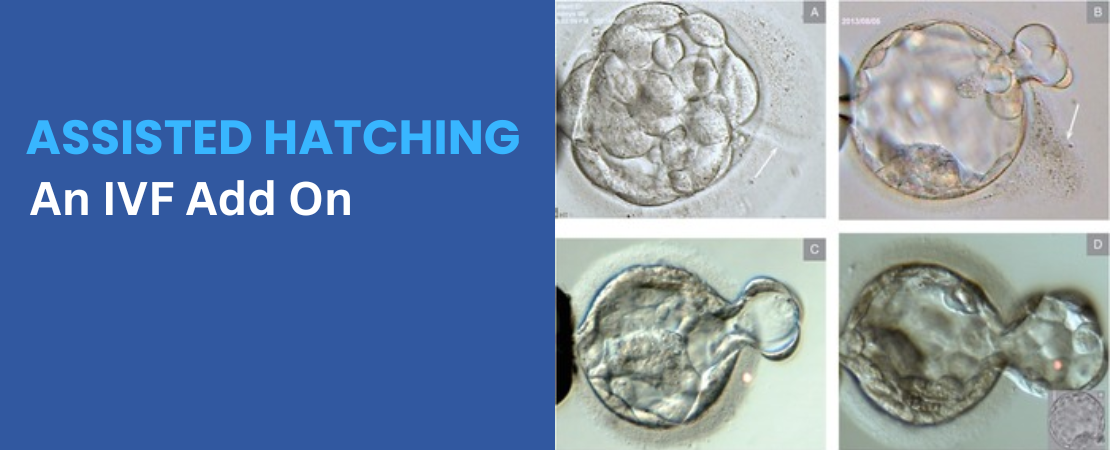Intralipid Therapy – Success Story
Here is an Intralipid Therapy case study of a Sarita (Name changed for confidentiality), 36-year-old woman with multiple IVF failures, diagnosed with Immune-related Infertility. Sarita’s fertility specialist recommended intralipid therapy alongside her fourth IVF cycle to address immune-related infertility. Intralipids are fat emulsions that suppress overactive NK cells and modulate the immune response to promote a more embryo-friendly uterine environment. Let’s take a detailed breakdown of the case for a better understanding.
Patient Background
- Condition: Immune Factor Infertility with Recurrent Implantation Failure (RIF)
- Medical History:
- 3 failed IVF cycles despite transferring high-quality embryos.
- History of one chemical pregnancy (positive pregnancy test, but the pregnancy did not progress).
- Diagnosed with elevated Natural Killer (NK) cell activity after an immune panel test.
- Autoimmune thyroiditis (Hashimoto’s thyroiditis) detected, although thyroid levels were well-managed.
- Thin endometrium during one of the failed cycles (6.5 mm).
Previous IVF Cycle Failures
- First Cycle:
- Protocol: Long down-regulation protocol.
- Transferred 2 top-quality day-5 blastocysts.
- Outcome: No implantation.
- Second Cycle:
- Protocol: Antagonist protocol with endometrial scratching.
- Transferred 1 high-quality blastocyst.
- Outcome: Chemical pregnancy (positive beta-hCG, but no gestational sac seen on ultrasound).
- Third Cycle:
- Protocol: Modified natural cycle IVF with hormone support.
- Transferred 2 day-3 embryos.
- Outcome: Negative beta-hCG.
Analysis of Failures:
- Elevated NK cells likely attacked the embryos, preventing implantation.
- Autoimmune activity and suboptimal uterine environment contributed to repeated failures.
Deciding the Right Treatment Plan using Intralipid Therapy:
Sarita’s medical history was carefully reviewed by he doctor. Given her history of recurrent implantation failure and autoimmune thyroiditis, a closer look at how her immune system might be affecting implantation is needed,” she explained. Test results of Sarita’s immune panel identified Elevated Natural Killer (NK) cell activity and an overactive immune response. This could explain why implantation failure had occurred in previous IVF cycles, despite the transfer of high-quality embryos. Her Doctor further explained her that for a successful outcome, an environment where the embryo can be accepted rather than attacked needs to be created.
Sarita’s treatment plan had been carefully developed based on a precise, personalized approach to tackling immune-related infertility. To counter her overactive immune system , three key treatments were outlined: intralipid therapy, IVIG (intravenous immunoglobulin), and steroid therapy, all designed to suppress harmful immune responses while supporting implantation.
- Intralipid therapy, is an effective first-line treatment for high NK cell activity. It is well-tolerated and has been shown to improve implantation rates.
- If an inadequate response to intralipids occurs, IVIG may be considered, as it is a stronger immunomodulator.
- A mild steroid, will also be prescribed to further suppress any unwanted immune responses. Additionally, progesterone levels and endometrial thickness will be closely monitored to optimize implantation conditions.”
By closely monitoring her response through out the cycle ands making adjustments as and when necessary to addressing all the immune factors that could be preventing implantation, the chances of a successful pregnancy could be significantly improved.
- Beta-hCG Test (Day 12 Post-Transfer): Positive, with a strong level of 500 IU/L.
- First Ultrasound (6 Weeks): Confirmed a single healthy gestational sac with a heartbeat.
- Pregnancy Outcome: Sarita carried the pregnancy to term, delivering a healthy baby boy at 39 weeks.
The treatment proceeded as follows:
Pre-Cycle Preparation:
- Initial intralipid infusion administered 7 days before embryo transfer.
- Continued thyroid medication (levothyroxine) to stabilize thyroid function.
IVF Protocol:
- Protocol: Antagonist protocol with improved ovarian stimulation.
- Outcome: Retrieved 9 eggs, 7 fertilized, and 3 high-quality blastocysts were frozen for transfer.
Frozen Embryo Transfer (FET) with Intralipid Therapy:
- Uterine lining thickness improved to 8.2 mm with the addition of estrogen patches and G-CSF.
- A second intralipid infusion is administered 2 days before the embryo transfer.
- Transferred 1 blastocyst with optimal grading (5AA).
Post-Transfer Care:
- Continued intralipid infusions every 2 weeks during the first trimester.
- Progesterone injections and oral prednisone to further suppress immune activity.
Results
- Beta-hCG Test (Day 12 Post-Transfer): Positive, with a strong level of 500 IU/L.
- First Ultrasound (6 Weeks): Confirmed a single healthy gestational sac with a heartbeat.
- Pregnancy Outcome: Sarita carried the pregnancy to term, delivering a healthy baby boy at 39 weeks.
Reflection on this Intralipid Therapy Success Story
We can attribute Sarita’s success story with Intralipid Therapy to the following factors:
- Intralipid Therapy: Suppressed elevated NK cell activity, reducing the immune system’s attack on the embryo.
- Personalized Protocol: Incorporation of immune therapy (intralipids, prednisone) and uterine lining support (G-CSF).
- Comprehensive Testing: Identifying immune-related infertility and targeting it with a tailored approach.
Sarita’s Words of Gratitude
“After years of heartache and countless failures, intralipid therapy gave us the hope and solution we needed. I’m so thankful to my medical team for identifying the immune factors and providing the care I needed to bring our son into the world.”
Sarita’s story highlights the power of personalized fertility treatments and immune therapy, offering hope to couples facing similar challenges.
To know more about Intralipid Therapy and Immune Modulation in IVF read :
References:
The Use of Intralipid Infusions in the Prevention of Embryo Implantation Failure
Tags: Immunotherapyintralipid therapyIVF success storyReproductive Immunology

